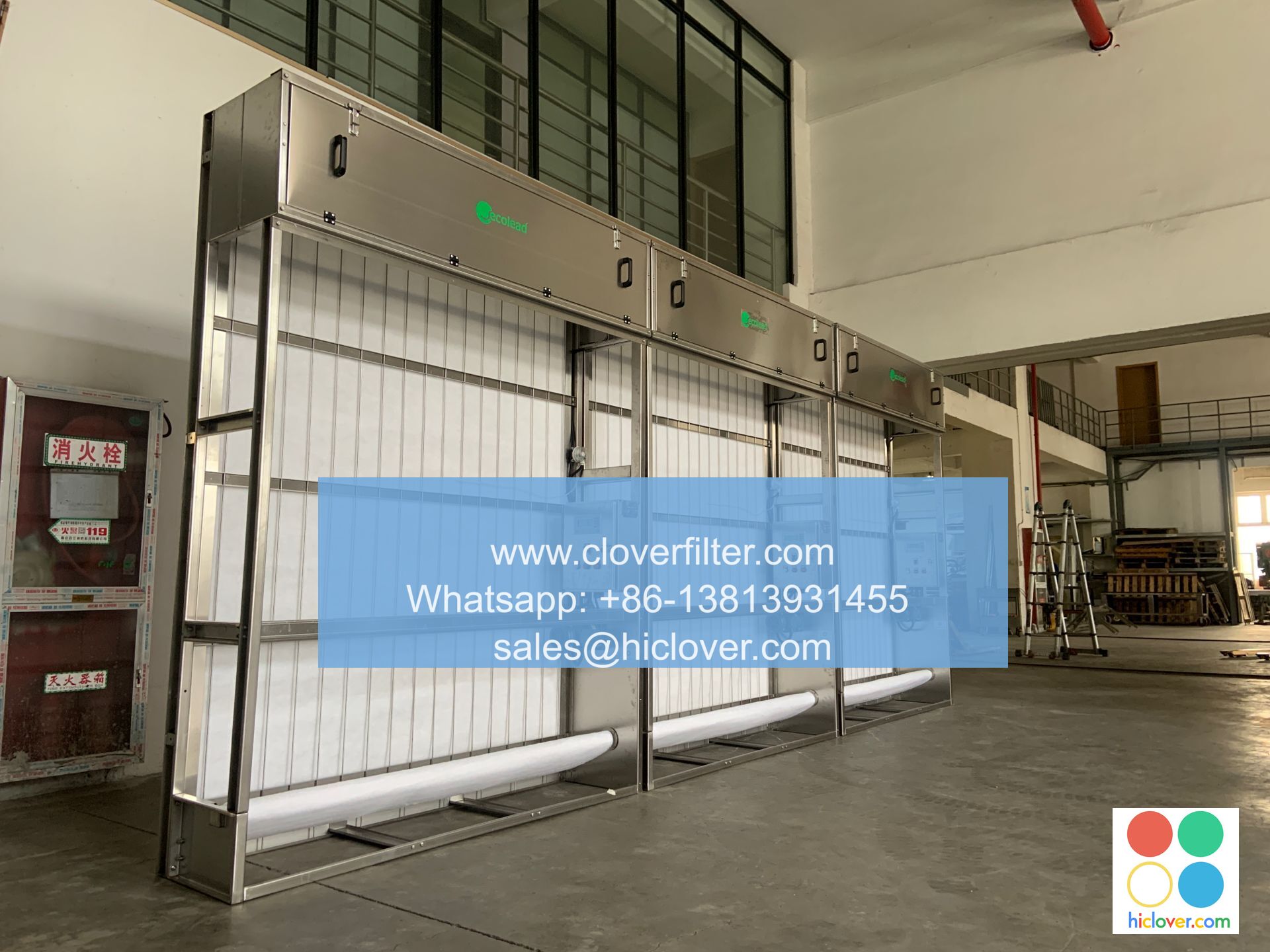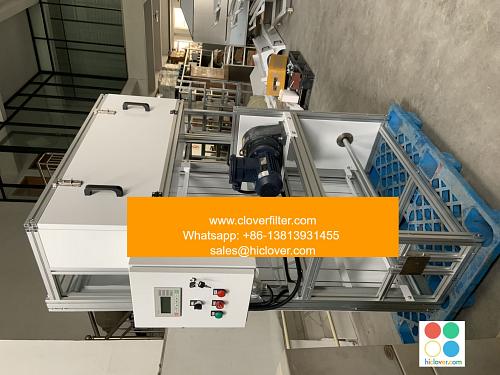Automating Air Filtration: The Advantages of Roll Air Filters in Regina’s Chemical Plant

Regina’s chemical plant is one of the most prominent industrial facilities in the region, producing a wide range of chemicals and materials used in various industries. However, the plant’s operations also generate a significant amount of airborne pollutants, including particulate matter, gases, and vapors. To mitigate the negative impacts of these pollutants on the environment and human health, the plant has implemented various air filtration systems. One of the most effective and efficient solutions is the use of roll air filters.
Roll air filters are designed to capture airborne pollutants and contaminants, improving the overall air quality in and around the plant. These filters are made from a continuous roll of filter media, which is unwound and passed through a filtration system to remove impurities from the air. The advantages of roll air filters in Regina’s chemical plant are numerous. Firstly, they offer a high level of filtration efficiency, capable of capturing up to 99.97% of particles as small as 0.3 microns. This includes pollutants such as dust, smoke, and other airborne contaminants that can have negative impacts on human health and the environment.
Another significant advantage of roll air filters is their cost-effectiveness. Compared to traditional filter systems, roll air filters require less maintenance and replacement, resulting in lower operating costs. They also have a longer lifespan, with some filters lasting up to 2-3 times longer than traditional filters. This not only reduces the financial burden on the plant but also minimates the amount of waste generated by filter replacements.
The use of roll air filters also enhances the overall safety of the plant’s operations. By removing airborne pollutants and contaminants, these filters reduce the risk of explosions and fires, which can be catastrophic in a chemical plant. Additionally, the improved air quality reduces the risk of respiratory problems and other health issues for plant workers, creating a safer and healthier work environment.
Furthermore, roll air filters are highly versatile and can be customized to meet the specific needs of the plant. They can be designed to capture specific types of pollutants, such as gases or vapors, and can be integrated into existing air filtration systems. This flexibility makes them an ideal solution for a wide range of industrial applications, including chemical processing, pharmaceuticals, and food processing.
The automation of roll air filters is also a significant advantage in Regina’s chemical plant. Automated systems can monitor and control the filtration process, ensuring that the filters are operating at optimal levels and replacing them when necessary. This not only improves the efficiency of the filtration process but also reduces the risk of human error, which can have negative impacts on the plant’s operations and the environment.
In conclusion, the use of roll air filters in Regina’s chemical plant offers numerous advantages, including high filtration efficiency, cost-effectiveness, enhanced safety, and versatility. The automation of these filters further improves their efficiency and effectiveness, making them an ideal solution for industrial air filtration applications. As the plant continues to operate and expand, the use of roll air filters will play a critical role in maintaining a safe and healthy environment for workers and the surrounding community.
FAQs
- What are roll air filters? Roll air filters are a type of air filtration system designed to capture airborne pollutants and contaminants. They consist of a continuous roll of filter media, which is unwound and passed through a filtration system to remove impurities from the air.
- What are the advantages of roll air filters? The advantages of roll air filters include high filtration efficiency, cost-effectiveness, enhanced safety, and versatility. They are also highly customizable and can be automated to improve their efficiency and effectiveness.
- How do roll air filters work? Roll air filters work by passing air through a continuous roll of filter media, which captures airborne pollutants and contaminants. The filtered air is then released back into the environment, improving the overall air quality.
- Can roll air filters be used in other industries? Yes, roll air filters can be used in a wide range of industrial applications, including pharmaceuticals, food processing, and other manufacturing processes. They are highly versatile and can be customized to meet the specific needs of each industry.
- How often do roll air filters need to be replaced? The replacement frequency of roll air filters depends on various factors, including the type of filter, the level of pollution, and the operating conditions. However, they typically last 2-3 times longer than traditional filters, reducing the need for frequent replacements.

